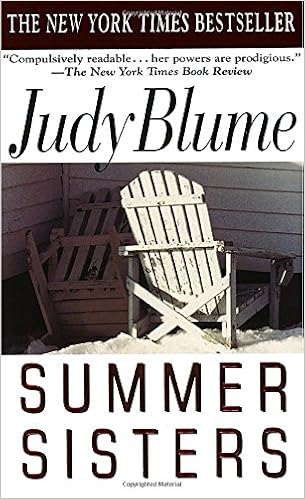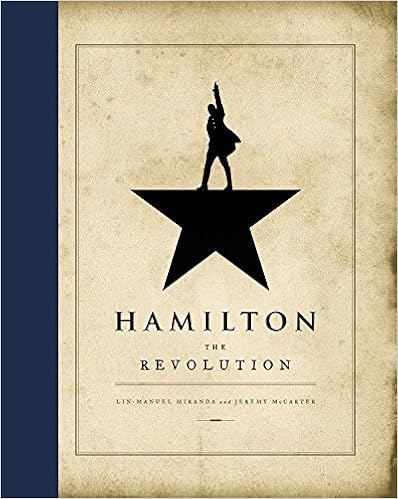He called them his swans.
It's a story beloved by literary freaks, pop culture geeks and gossip mavens everywhere. Between the last World War and the Fall of Saigon, there roamed a covey of fascinating young women known for their individual and collective beauty. Beauty had turned them into fashion icons and trophy wives but none of them had happy lives. They wanted to be loved and known for something besides the beauty that would fade away all too soon. This collective of lovely, lonely ladies discovered a man, unlike any of their husbands, An odd, unique, little man, who agreed with their values, dished the most interesting gossip and told each one he adored her. Not just her beautiful appearance but her wonderful soul. And, because he was gay and understanding the trophy wives believed him, to some extent, and they showered him with gifts and friendship. They even shared their deepest secrets.
Secrets he listened to and wrote down.
This is the setup for The Swans of Fifth Avenue, a novel recounting one of the most fascinating literary scandals of the 20th Century. It starred some of the original taste-makers of the mid-century: Babe Paley, who sparked a national trend by tying a scarf to her purse handle, Slim Keith, a California girl who hit her stride in Manhatten and, of course the man they and so many of their best friends befriended: Truman Capote. When he was a young, semi-successful writer, these women and many of their friends each found Capote to be a kindred spirit. He cherished not only their faces and forms (referring to them collectively as "swans") but the beauty in their souls. In turn, they supported him during the lean years and cheered him on once he found success. Because of this, none of them expected him to publish their nastiest secrets in Esquire magazine, fictionalized just enough to turn their most embarrassing, humiliating memories into a guessing game for readers. At least one woman described in the story killed herself the day that she got the printed story. The rest of them ended the friendship. And was Capote surprised they took offense?
You bet he was.
In one sense, The Swans of Fifth Avenue is a story of friendship made and destroyed by understanding and misunderstanding. It's also something of a history piece, capturing a small section of America in the latter half of the 20th century. Indeed, like Capote's masterpiece, In Cold Blood, Swans is that amalgamation of research and imagination known as the "non-fiction novel" (without ICB's meticulous prose). It's also plain, old-fashioned, gossipy fun in places, perfect for a summer read.
Most of all, it's a story of trust and betrayal and how people cope when those they love let them down. Many get angry. A few grow sad. But most find a way to cope.
And how we cope is what makes us stronger.


















